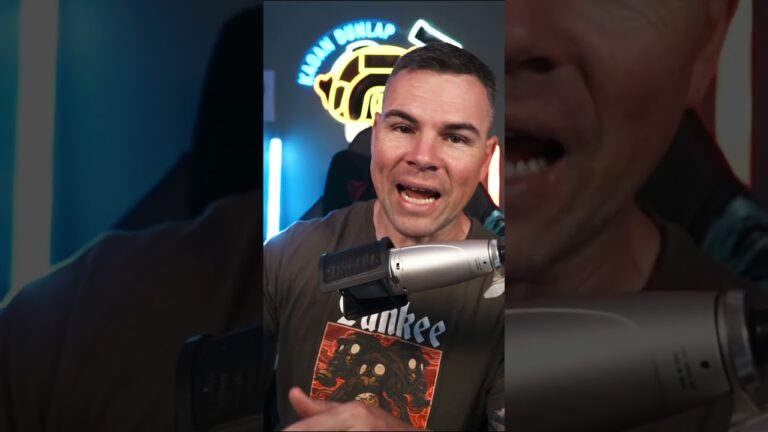Video at the bottom!
In a recent video, the current US Secretary of State, Marco Rubio, made a striking assertion regarding Nicolás Maduro, the leader of Venezuela. Rubio claimed that Maduro is not the legitimate president and accused him of leading the “cartel de los Souls,” a narco-terror organization that has effectively taken control of the country. He further emphasized that Maduro is under indictment for trafficking drugs into the United States.
This commentary raises significant questions about the implications of such a declaration. By labeling Maduro and his regime as part of a terrorist organization, Rubio hinted at a potential shift in US policy toward Venezuela. Historically, the US has classified various cartel organizations as designated foreign terrorist organizations, which allows for military operations against them under specific legal frameworks.
The boldness of Rubio’s statement prompts speculation about a renewed focus on Venezuela in the context of the war on drugs, reminiscent of US interventions in South America during the 1980s under Reagan. As conversations about military action and foreign policy surface, many are left questioning whether this declaration signifies a willingness to engage militarily in Venezuela or adopt new strategies in the ongoing struggle against drug trafficking. The potential for an escalated US involvement in Venezuela’s affairs looms, creating a charged atmosphere around the narrative of drug-related crime and international relations.


